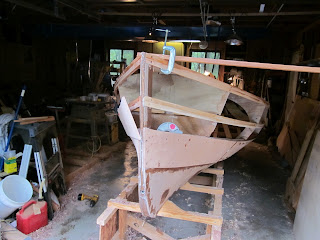You hold a book in your hands.
The cover is tattered leather or perhaps brown cloth, the
pages feather-soft from use and from the long and crooked road of years.
This book, you can see, is old. It is, in fact, the oldest
thing you have ever touched. But there is something else that marks this book
as special.
The spine is scorched black, and if you lean in and inhale
the fusty pages you catch a sour tang of smoke. A scent older than the oldest
things in this world.
Once, someone tried to burn this book.
Can you see it? Can you see the pile of books as tall as
your head? The street is dark with smoke and the burning pile glows. Can you
hear the frenzied shouting, can you see the shining eyes of the devout? Their
chanting.
Throw it on. Burn
them. All of them!
Can you see their hysteria, their certainty? The absolute rightness of their destruction?
But this was not 1937 Germany. This was another time, in
another place. An Other Place, as some have called it.
And the shrill voices screaming for fire came from the soft
throats of children.
Now. You have a choice. Will you open the cover of this book
that has survived fire and snow and worse? Will you rest your fingers on the
stained page and begin to read?
Or will you turn away? You would not be the first. It is not,
after all, a happy story. There is ash, and there is blood. And there is loss.
But — as you will find, if you are lucky — just as with a
long and storied life itself, there is also courage here. And joy. And hope. A
spark struck in the night; the iron tang of the heaving sea; the snowlaced breath
of mountains whispering of high places.
And a boy, jumping into the mud.
Come.
















